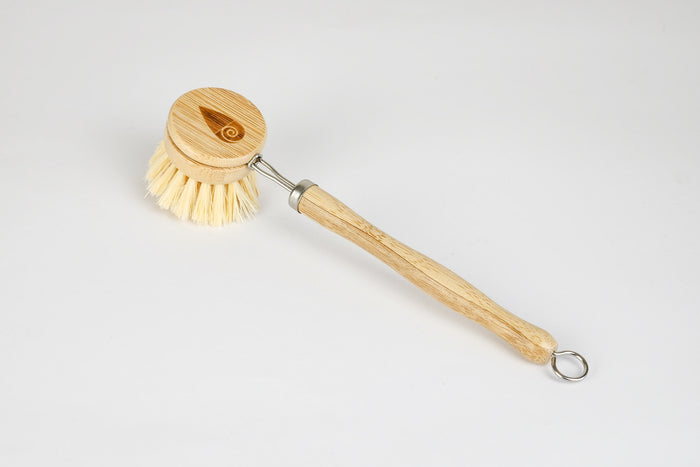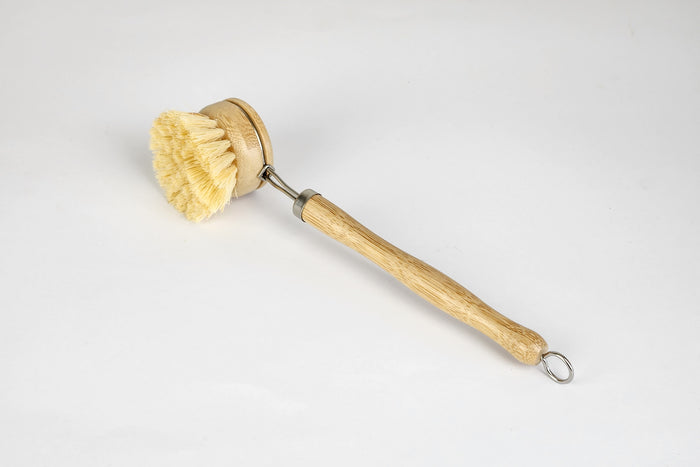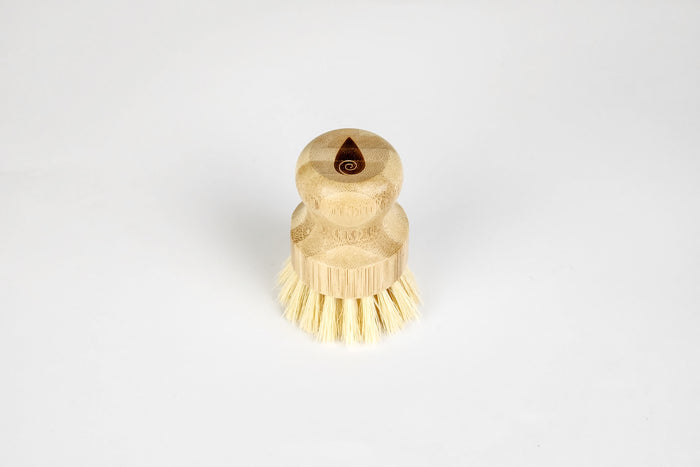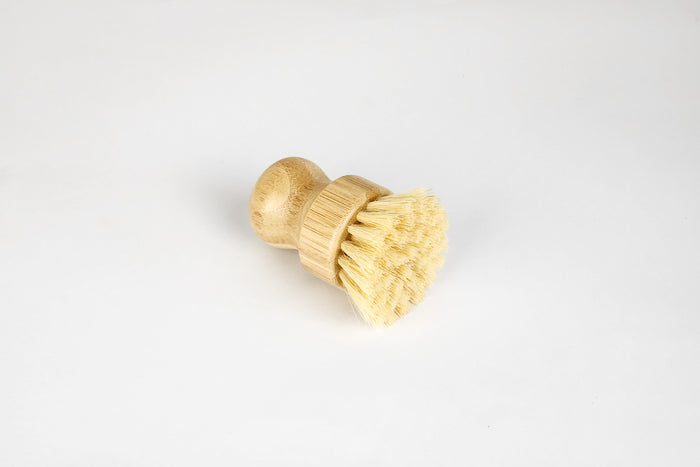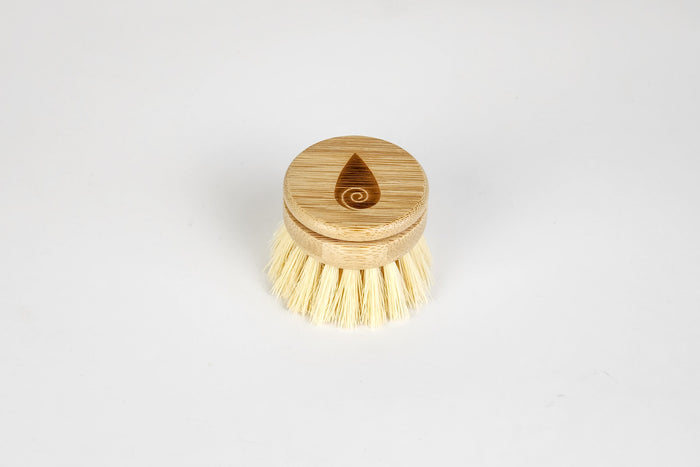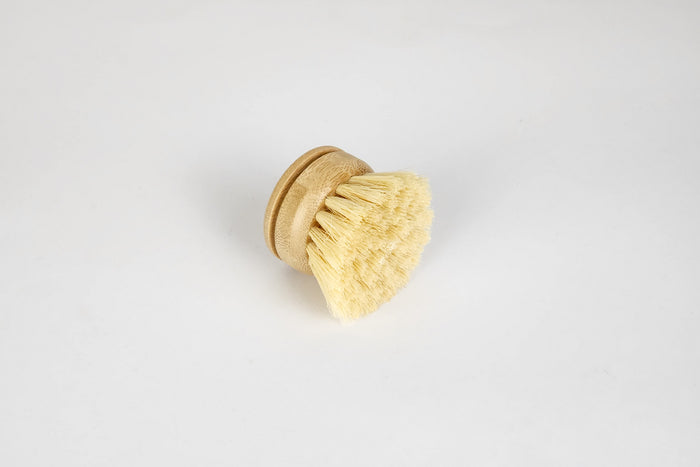
In a world that’s ever growing and the demand for products always on the rise, we as consumers have the power to influence what companies produce. It can be hard sometimes avoiding single use plastics or even more long lasting plastics but making a few changes here and there can go a long way to creating positive change.
Now if we’re being honest, single use plastics and longer lasting plastics aren’t going away anytime soon but that doesn’t mean we should continue to buy them without a thought as to what happens to them once they’ve served their purpose. Not to mention plastic is used in everyday items that keep the world turning, from your car to your home, even the device you’re reading this blog on. So it’s fair to say certain plastics are a necessity that we have no control over, however there are those that we do and following the Five R’s can guide us towards positive change. These simple rules are applicable to a wide range of consumables and not just plastics.
Refuse
The first and most important of the R’s. Refuse, it’s as simple as that. Saying no to something we simply don’t need means the need for it is removed. When you’re out shopping, whether it be for food or anything else, have a think “Do I really need this?”. When the answer is a flat out no then we can refuse. Now we’re not saying don’t go and treat yourself or buy that thing you always wanted but just have a bit of a think about it before you do. Refusing what we don’t need saves us money and can help reduce waste.
Reduce
So we’ve had a think about something we’re going to buy and we can’t refuse it, but can we reduce how often or how much of it we purchase? For an item we simply can’t live without our next step is to reduce how often we buy it. Cutting back on luxury items or stretching out the use of others can go a long way to reducing our waste.
Reuse
Next up is reuse. Is the product we’re buying reusable, and if not is there a similar product we can buy that is? Investing in a product that you can reuse over and over will help reduce waste and can save you money as the need to constantly buy a single use item is removed. Finding an item we can reuse has a positive effect on our previous two R’s also. Something we can reuse is something we can reduce buying more of and potentially something we can refuse to buy again as the need for it has already been filled.
Repurpose
Also known as upcycling, repurposing items is a great way to give them a new life and avoid them ending up in the waste pile. Just because an item can no longer be reused for its intended purpose doesn’t mean it can’t find a new place in your home. Repurposing is a great way to get creative and can be as simple as using an old peanut butter jar for your overnight oats or to hold your eco-friendly bamboo dish brush. Before you put that item in the rubbish or recycling bin, have a think if there is anything else it could be used for.
Recycle
This word gets thrown around alot and many people think of it first when considering what to buy, “Is it recyclable, if so it must be ok”. The sad truth is not everything we put in our recycling bins actually gets transformed into a new product and reused, some of it will still end up in landfills where it will live out its days for many lifetimes to come. That’s not to say recycling isn’t important, most councils have great recycling programs and now with soft plastic recycling drop offs at most supermarkets, making the effort to recycle can go a long way to minimising things that go directly to landfills. However if we follow the previous four R’s we can help reduce the need for it and the chance that an item will end up in the earth. If you’ve followed the previous R’s and ended up with something you can’t reuse or repurpose then ensuring it’s something that is easily recyclable gives it hope of finding new life in a new form.
So those are the five R’s, it’s not always possible to follow them but doing your best will help reduce your daily waste which in turn can help to make positive change. There is also a sixth R that comes after recycling and you could say it is one of the most important, we’re talking about Rot, aka composting. We believe it to be so important that it’s going to get its own blog at a later date, so stay tuned for that.
Finally, just remember it’s not about making giant changes that aren’t manageable, many small steps by many people can cover a lot of distance on the road to change, so have a think and find the small step to begin your journey today.
Bamboo Dish Brush
- Regular
- $8.95
- Sale
- $8.95
- Regular
-
- Unit Price
- per
Bamboo Pot Scrubber
- Regular
- $7.95
- Sale
- $7.95
- Regular
-
- Unit Price
- per
Replacement Bamboo Dish Brush Head
- Regular
- $4.95
- Sale
- $4.95
- Regular
-
- Unit Price
- per
Soft Plastics Compactor NZ- Wholly Shrink
- Regular
- $39.99
- Sale
- $39.99
- Regular
-
- Unit Price
- per

